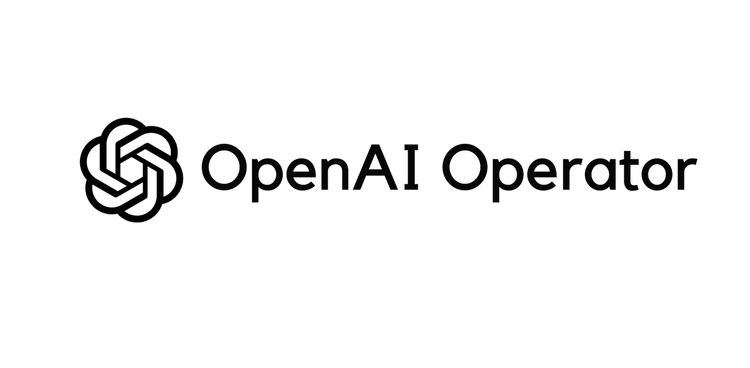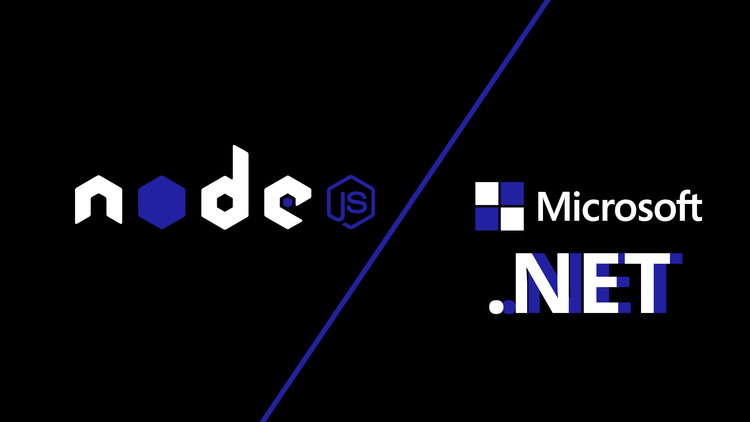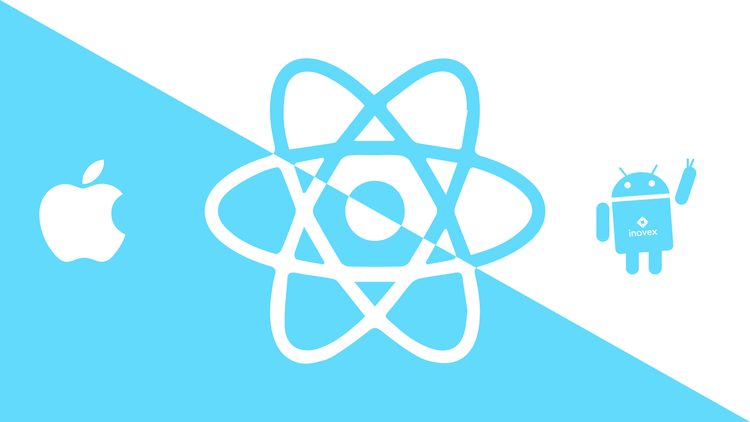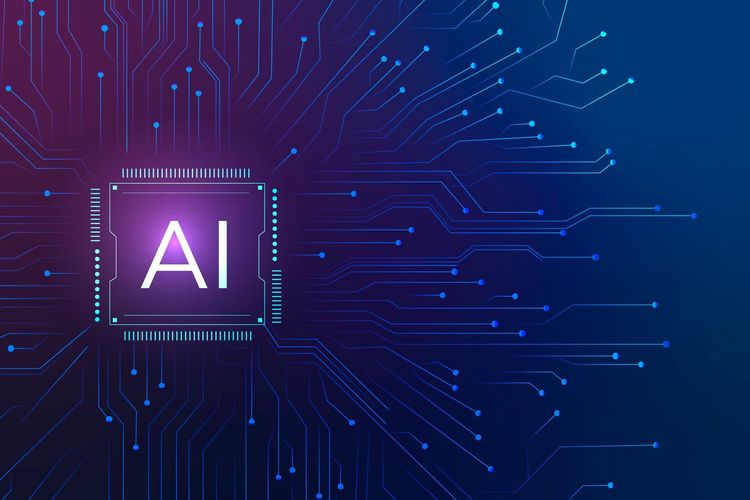Sure! Here’s the translation to English:
At MiTSoftware, we understand that AI (Artificial Intelligence) in Businesses has revolutionized the way organizations operate. Today, digital transformation is not just a trend, but an urgent necessity for companies looking to stand out in a competitive and constantly changing environment. In this blog, we will explore in detail how artificial intelligence can optimize business management and internal processes, becoming a key ally in the pursuit of efficiency and innovation.
What is AI in Businesses?
Artificial intelligence refers to the capability of machines to perform tasks that typically require human intelligence. This includes the ability to learn from experience, reason, solve problems, and understand natural language. When we apply these concepts to the business realm, AI in Businesses enables organizations to make more informed decisions, automate repetitive processes, and enhance customer interaction.
How AI Optimizes Management in a Company and Its Benefits
The implementation of AI in Businesses can radically transform the way operations are managed. Below, we describe some of the most significant benefits:
Process Optimization: AI allows for the identification of inefficiencies in existing processes. By implementing machine learning algorithms, companies can detect bottlenecks and prevent issues before they occur. For example, AI can analyze patterns in the supply chain and suggest adjustments that drive a smoother operation, reducing delivery times and associated costs.
Increased Productivity: With the automation of repetitive tasks, employees can focus on more strategic and creative activities. Tools such as project management systems and AI-powered collaboration software enable enhanced team performance and optimized resource allocation. Thus, organizations can significantly increase their productivity.
Enhanced Decision Making: AI-based solutions can analyze large volumes of data and provide business leaders with valuable insights for decision making. At MiTSoftware, we specialize in turning data into useful information, which helps companies anticipate market changes and adapt their strategies accordingly.
Personalized Customer Service: AI-driven chatbots and virtual assistants improve communication with customers by providing immediate and relevant responses. This not only increases customer satisfaction but also allows customer service teams to focus on more complex interactions, thus optimizing response times and service quality.
Reduction of Operational Costs: The implementation of AI tools can result in significant reductions in costs associated with inefficient operations. AI not only optimizes processes but also provides predictive analytics that help plan and adjust resources according to demand, resulting in more efficient use of budgets.
Challenges in Implementing AI
While the benefits are evident, the implementation of artificial intelligence in businesses also presents certain challenges:
High Initial Investment: Adopting AI technology requires a considerable investment in infrastructure, software, and staff training. This can be a barrier, especially for small and medium-sized enterprises that may have limited resources.
Lack of Skills and Knowledge: It is essential for companies to have personnel trained in the use of AI tools. A lack of proper knowledge can lead to poor implementation and underutilization of technology.
Ethics and Bias in AI: AI algorithms can exhibit bias if trained on unrepresentative data. This can lead to discriminatory or unfair decisions. Therefore, businesses need to be proactive in ensuring that their AI models are fair and transparent.
Cultural Change: Implementing AI often requires a cultural shift within the organization. Resistance to change can be a critical factor preventing new technologies from being adopted effectively. It is essential to foster an organizational culture open to innovation and continuous learning.
Proper Use of AI in Company Optimizations
The proper use of artificial intelligence involves not only the implementation of advanced technologies but also aligning them with the company’s strategic objectives. Here are some keys to the appropriate use of AI:
Define Clear Objectives: Before implementing any AI solution, it is crucial for the company to define clear and measurable objectives. Is the goal to improve operational efficiency, reduce costs, or enhance customer satisfaction? Having these objectives well defined will help guide the implementation process.
Analyze Relevant Data: AI is only as good as the data that feeds it. Therefore, it is essential for companies to ensure the quality and relevance of the data they use in their AI models. This involves cleaning, organizing, and analyzing the data before it is processed by artificial intelligence.
Train Personnel: Effective implementation of AI requires that staff be trained to use and interpret the results it generates. This includes training employees on the use of specific tools and how to apply the insights obtained from AI to their daily decisions.
Continuous Monitoring and Adjustment: Implementing AI is not a one-time process. Companies need to establish monitoring frameworks that allow them to evaluate the performance of AI solutions and make adjustments as necessary. This will ensure that solutions remain effective as market conditions or business needs change.

Let's Talk About Some Notable Success Cases of AI in Businesses
Artificial intelligence is already impacting various industries, and there are many examples of companies that have successfully implemented this technology:
Netflix: Through AI-based recommendation algorithms, Netflix analyzes its users' viewing preferences to personalize the experience, resulting in higher customer retention. These systems predict which content users might like, enhancing the overall experience.
Amazon: The incorporation of robots in Amazon's warehouses has optimized its supply chain. These robots work alongside human employees, handling logistics and allowing for more efficient inventory management, thereby reducing delivery times.
Tesla: Tesla uses AI algorithms to improve the capabilities of its self-driving cars, collecting and analyzing real-time data to enhance safety and performance. This innovation in the automotive industry has placed Tesla at the forefront of the transportation revolution.
Zara: Fashion chain Zara utilizes AI in its inventory management system. The technology allows the company to anticipate fashion trends and manage stock levels based on demand, thus optimizing production and minimizing losses.
What Is the Future of AI in Businesses?
Artificial intelligence will continue to evolve and play a fundamental role in transforming businesses. With the ongoing improvement in AI capabilities, new applications are anticipated to emerge, enabling organizations to be even more efficient and competitive.
Advances in Natural Language Processing (NLP): The evolution of NLP will allow for even more natural interactions between machines and humans. This will facilitate the automation of customer service and provide companies with more powerful tools to understand and respond to their users' needs.
Computer Vision: With advances in computer vision, businesses will be able to enhance the collection and analysis of visual data. This has multiple applications in fields such as quality control, security, and healthcare.
Ethical and Sustainable AI: As concerns over the ethical use of AI increase, companies will need to adapt their processes and systems to ensure that their applications of artificial intelligence are responsible and fair. Implementing ethical AI practices is essential to build trust with customers and society at large.
AI in Businesses presents itself as a powerful tool to optimize management and operational processes. At MiTSoftware, we believe that the adoption of artificial intelligence is not just an option, but a strategic necessity to ensure competitiveness in the future. Companies must carefully plan and implement their AI strategies, ensuring they have trained personnel, adequate resources, and a commitment to ethics.
The transition to digital transformation is not only technological; it also involves a change in organizational mindset. With a well-planned and effective implementation, AI in Businesses will not only facilitate the creation of more efficient processes but also transform corporate culture towards continuous innovation.
If you would like more information on how artificial intelligence can benefit your organization, please do not hesitate to contact us. At MiTSoftware, we are ready to accompany you on this exciting journey of digital transformation and help you take advantage of all the benefits that AI offers.















































































